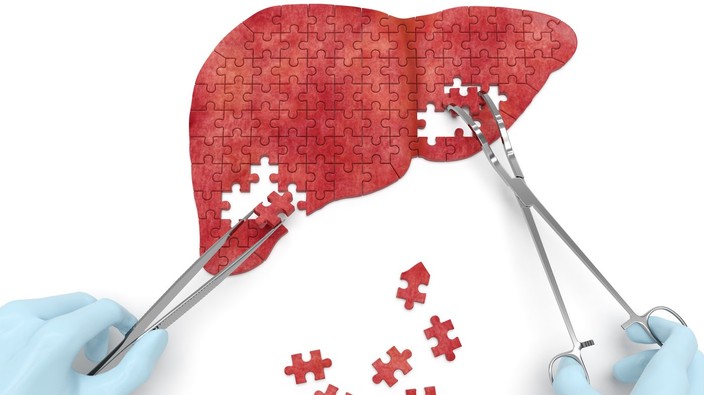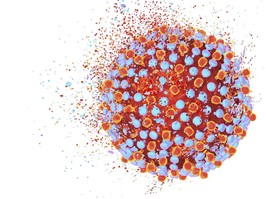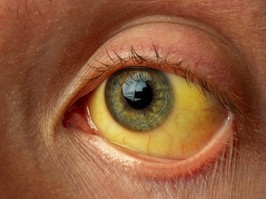cured of hepatitis c, here's how this woman survives the stigma of drug use
'it shouldn't matter if i'm a person who uses drugs — the doctor could have taken a couple of extra minutes to test me.'
reports of hepatitis in children being investigated by canadian health officials
it is unclear if this is connected to the outbreak of severe liver disease reported in 12 countries and linked to the death of one child.
christopher labos: why we vaccinate babies against hepatitis b
there is a common perception that hepatitis b is a disease of adults, transmitted via sexual intercourse or needles. there's more to know.
 4 minute read
4 minute read









